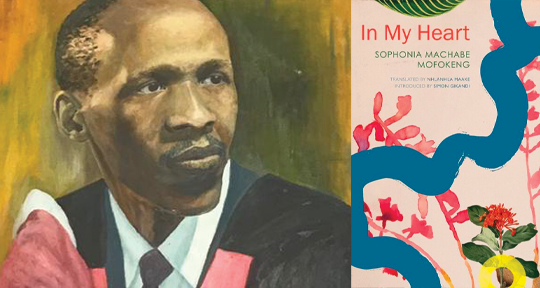The following conversation took place after a reading as part of “Colloquy: Translators in Conversation,” a series based in New York City and sponsored by World Poetry Books. In April 2023, the Clemente in Manhattan hosted the fifth installment of Colloquy, “Translating the Caribbean” with Aaron Coleman, Urayoán Noel, and Kaiama Glover. After the reading, the curator of the series, C. Francis Fisher, engaged the translators in the following conversation, which has been edited for clarity and length.
C. Francis Fisher (CF): I want to start by asking about the title of this event. I named this evening “Translating the Caribbean” and I’m wondering whether that idea of translating the Caribbean is helpful in terms of the work that you do or whether it glosses over important differences between the cultures, languages, and realities of different islands in the Caribbean.
Aaron Coleman (AC): I’m glad that you opened with this question because for me “the Caribbean” is just one of the many frames that we can have in mind when translating. I’ll say for me, there are various frames that I try to hold in my mind at the same time. One would obviously be the national, but even within the national, we see the way that blackness sometimes complicates national identities. So, there’s the national and then there’s frames within the national, but then there’s also a regional frame to the Caribbean.
For me, the frame that I’m always searching for and curious about is beyond the national at a diasporic scale. So, we could call this translating the Caribbean, but I was also thinking about translating the African diaspora.
Kaiama Glover (KG): I’m glad you spoke first. I had a hot take. I still have the same take, but now I’ve sat with it for a second [laugh]. I have no problem with that grouping that in some ways elides the borders between the various nation states of the Caribbean because the Balkinization of the islands was based on legacies of colonialism that are still intact and have left us with language that makes it difficult for people who are of the same broad history and related culture to communicate. First, there was the initial break of community, the kidnapping of the middle passage, and then there is the persistence of that breaking through the nation language borders of the Caribbean. So, I love translating the Caribbean outward toward the diaspora. READ MORE…


